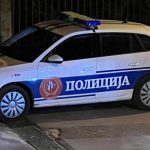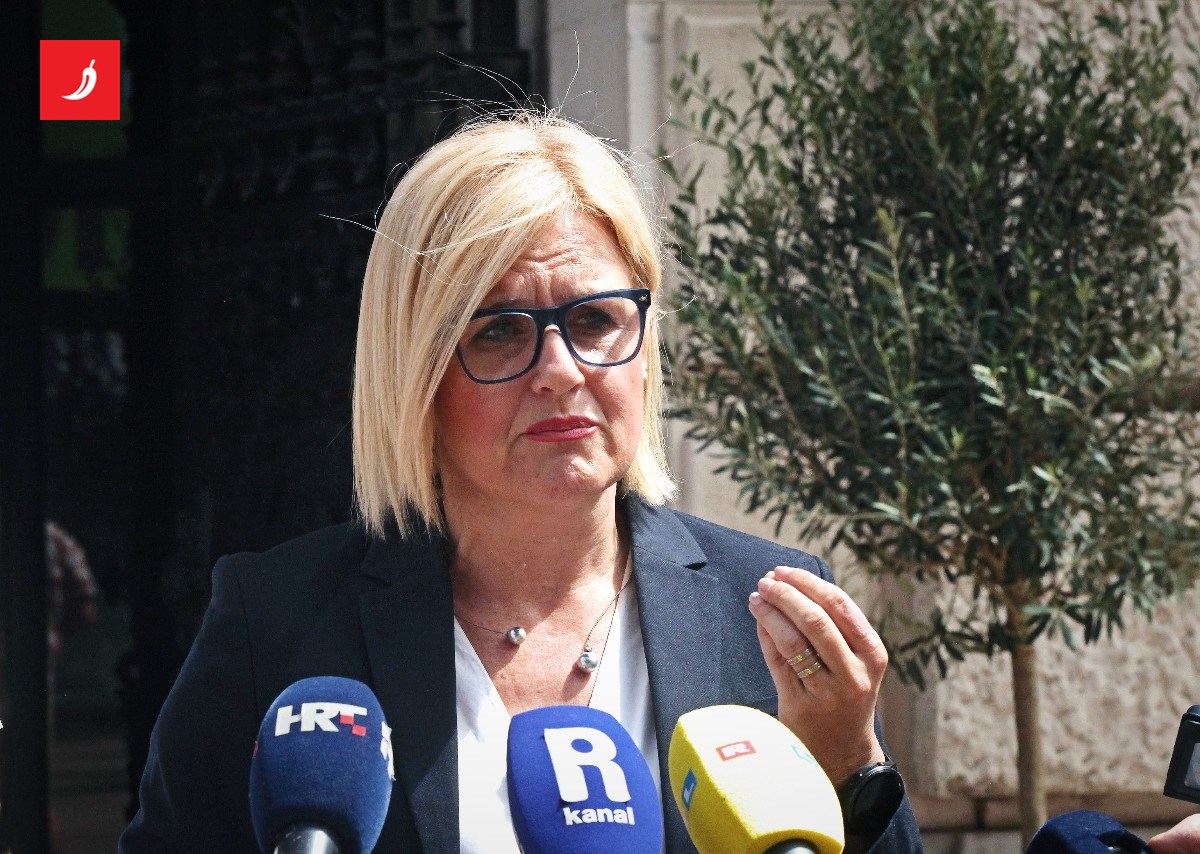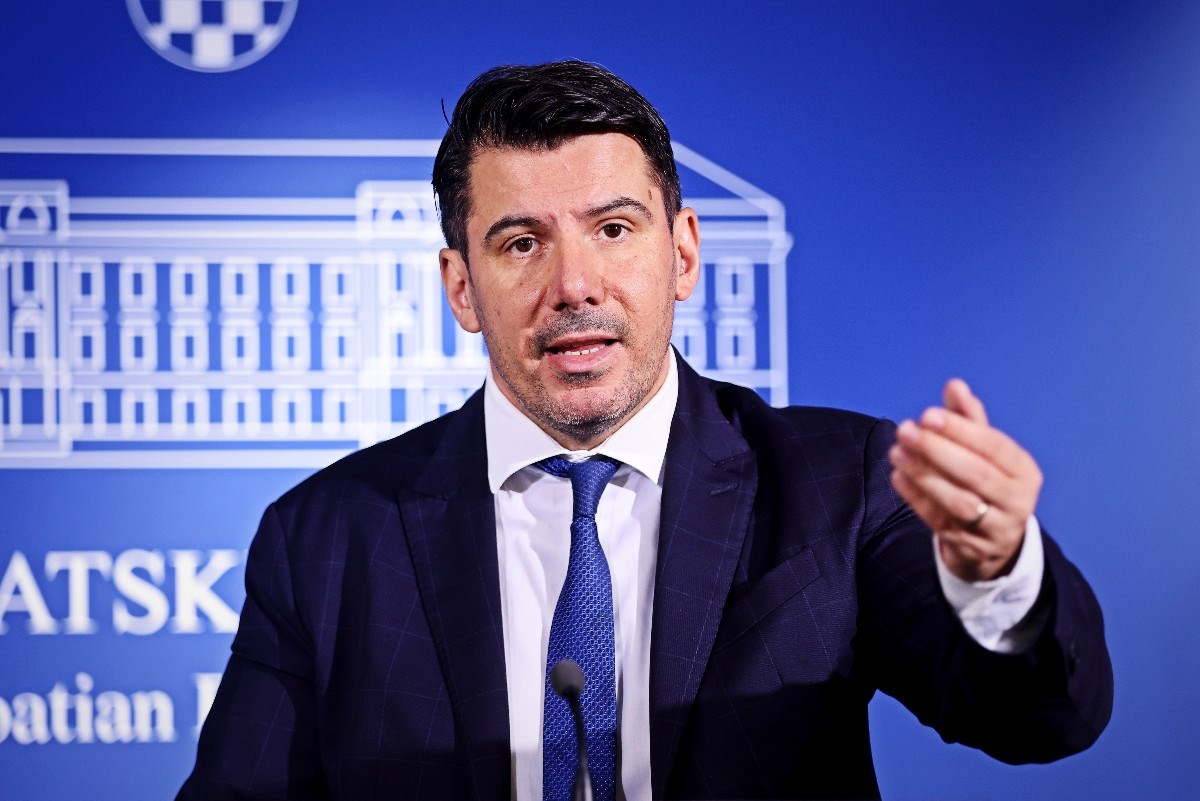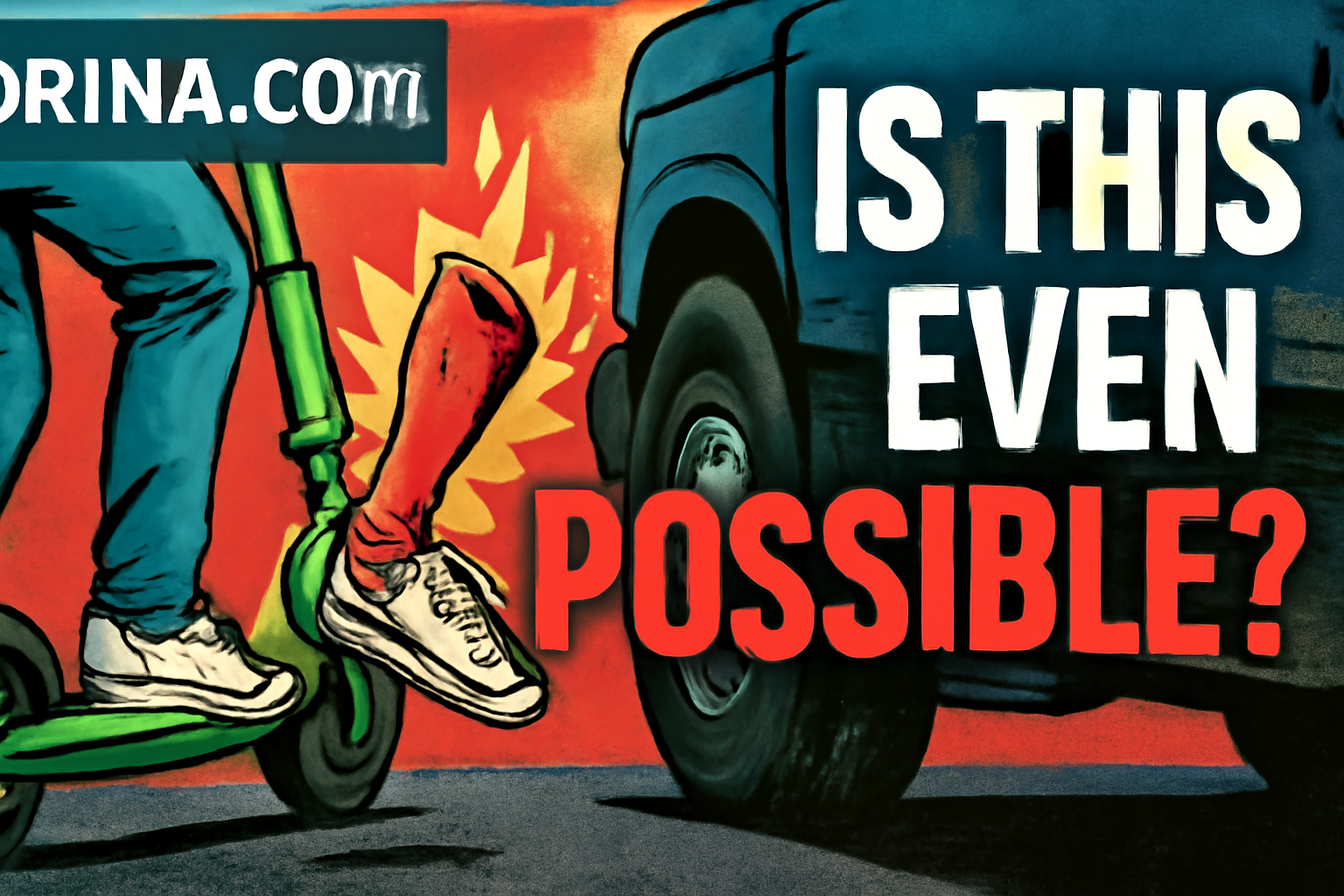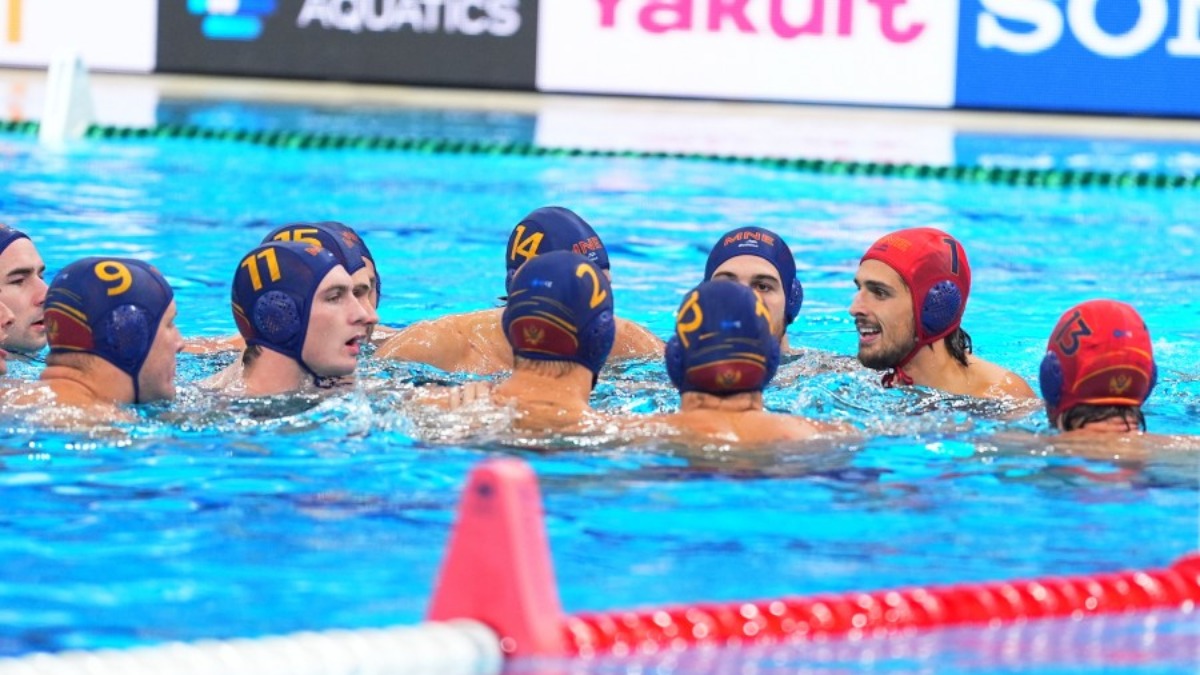Ustaša War in Rijeka: Mayor vs Most Party!
Welcome to the latest political soap opera shaking Rijeka and beyond! Rijeka’s Mayor, Iva Rinčić, has raised her voice against Most and their member Krešimir Rotim, who posted a video on Most Rijeka’s Facebook page that relativizes the Ustaša regime. Yes, you read that right – relativizes!
What happened?
Rotim, a historian by profession, claims in the video that the Ustaše were not fascists and that Dalmatia was sold to Italy not by the Ustaše but by the Kingdom of Yugoslavia through the Rapallo Treaty. He also questions the official number of victims in the Jasenovac concentration camp, stating that only 83 bodies were found.
Mayor doesn’t hold back
Iva Rinčić immediately reacted, condemning any relativization of the Ustaša regime and the crimes it committed. She emphasized that Rijeka is a city with a rich and complex history, which was a direct victim of fascism, and its citizens bravely rose against fascism in both World War II and the Homeland War. Anti-fascism is not a phrase but the foundation of Rijeka’s identity.
Most distances itself but doesn’t back down
Most Rijeka withdrew the video but stated it was a personal interpretation of historian Rotim and that history should be left to historians to freely research all aspects of the past, including the most sensitive topics. Nikola Grmoja, a Most representative, defended Rotim, saying historical science is based on questioning and that research should not be restricted, even regarding totalitarian regimes.
Problem or opportunity?
This situation sparked a storm of reactions in the public. On one side, we have the mayor defending anti-fascist values and condemning revisionism, and on the other, Most advocating for freedom of research and expression, even if it means questioning official historical facts.
Why does it matter?
Because it touches the core of Croatian history and identity. Jasenovac is a symbol of suffering and crime, and relativizing such events can be a dangerous game with the past. On the other hand, freedom of science and research is the foundation of democracy.
What do you think?
Was Most just defending the right to freedom of expression and scientific debate, or did it cross the line into relativizing crimes? Is the mayor oversensitive, or is she right that such statements have no place in the public sphere?
Join the conversation, because this is not just a local issue – it’s about how we face the past and build the future!
Slug: rijeka-gradonacelnica-most-ustase-polemika



